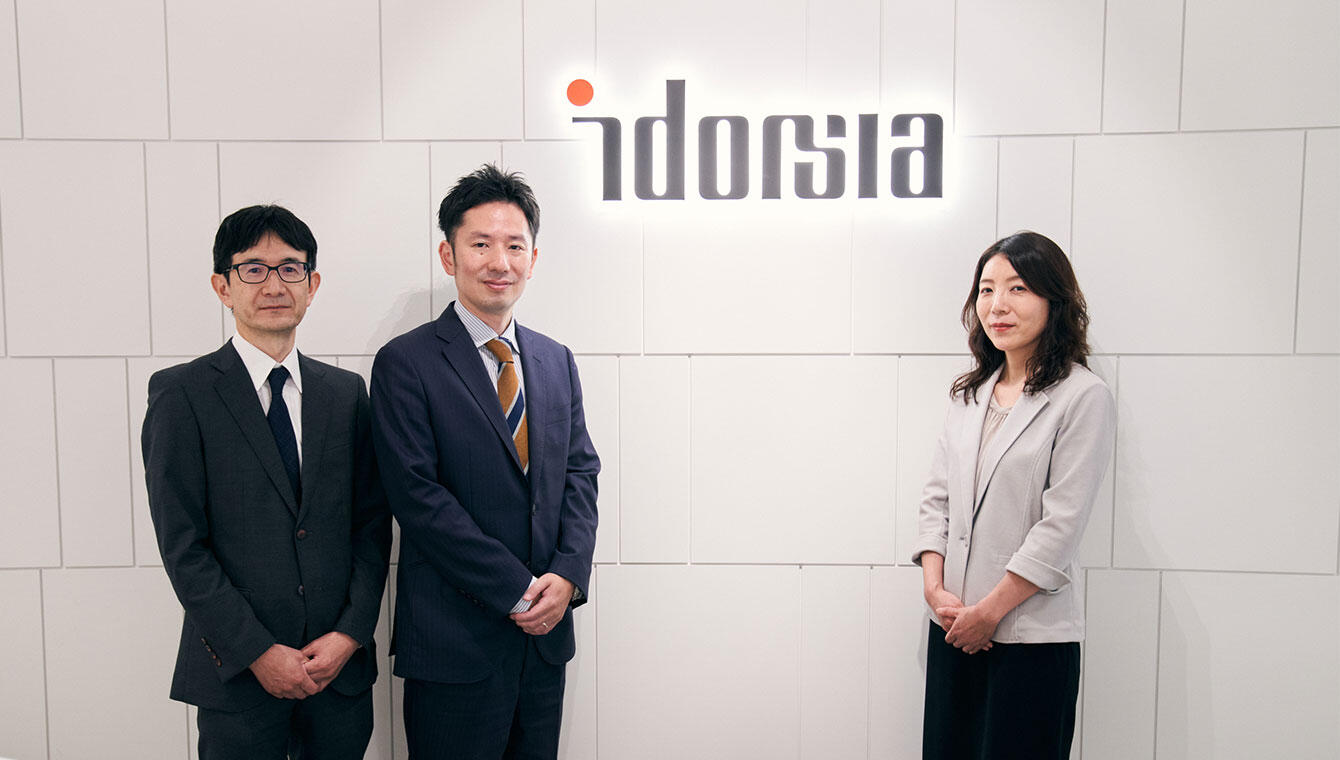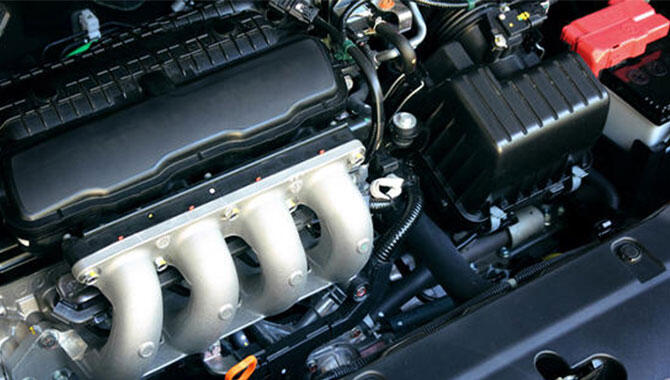Challenges
Aggregation of reliable global information
Implemented Products/Solutions
SAP R/3, Global Expansion Support Solution
Project Background
The major domestic auto parts manufacturer in this case is a global company that manufactures and sells auto parts, with factories and bases all over the world.
As a global company with development, manufacturing, and sales operations centered in the Americas, Europe, and Asia (including Japan), the company needed to improve its management infrastructure as a global company. Especially in Asia, including China, which is experiencing remarkable growth, business operations based on highly reliable data are essential, and a reliable information system to support such operations has become indispensable.
Reasons for Selecting B-EN-G as an Implementation Partner
As a solution, we decided to introduce SAP based on global templates to five factories in China, Korea, Thailand, and the Philippines. B-EN-G was selected as a partner for global expansion in recognition of its track record in global expansion projects and its strong support system in China, including affiliated companies.
Project Outline
In the first phase, we introduced the model in China and created a template for expansion to other countries. At that time, we proceeded with the first phase based on B-EN-G's knowledge of the local requirements of each country, including China, and a template based on our past track record of global expansion projects.
In the second phase, based on the template created in the first phase, we proceeded with the gradual rollout to each country. In this case, B-EN-G uses its own overseas bases and assigned local consultants. The project structure included the core team of B-EN-G members, and the business consultants from local groups from each country.
Implementation Results
The effects of the introduction were the promotion of standardization and the establishment of a common platform.
In addition to making it possible to standardize cost accounting methods, using SAP as a platform enables a smooth interface with the head office, leading to efficient profit and loss analysis, evaluation, and more efficient settlement of accounts.
*Please note that organization names, positions, numerical data, etc. in the article are based on the time of the interview and may have changed by current viewing.
Related Solutions
Relevant information and case studies based on solutions presented above.
Related Case Studies

Nippon Cargo Airlines Co., Ltd.
Aiming to Shift to High-Value-Added Businesses: A Case Study of Accounting System Restructuring with RISE with SAP
Logistics
ERP
SAP

Idorsia Pharmaceuticals Japan Ltd.
Compatible with Global Requirements: Case Study of a Project to Build a Sales Management System Compatible with JD-NET
Medicine
ERP
Pharmaceutical & Medical Device Industries
SAP

GE Healthecare Pharma Limited
Promoting Understanding among Global IT Teams: JD-NET-compliant Enterprise Resource Planning System Implementation Project Case Study
Medicine
ERP
Pharmaceutical & Medical Device Industries
SAP

